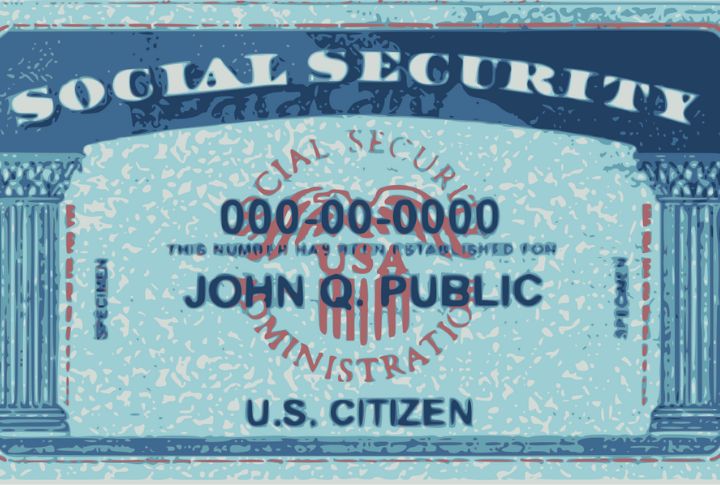
Taxes are a reality we all face, but did you know there are types of income the IRS doesn’t tax? No, these are not loopholes. They are legitimate ways to make money without Uncle Sam getting his share. So, check out how you can earn without worrying about taxes.
Gifts And Inheritances

When you receive a gift or inheritance, you’re usually in the clear as far as taxes go. However, if someone gives you more than $19,000 in a year (2025 limit), the person giving it to you may need to file a gift tax return. You won’t have to pay any taxes, but it’s good to be aware of the rules if you’re getting a big gift.
Life Insurance Proceeds

Inheriting life insurance benefits? The good news is that those payouts are typically tax-free. The premiums were already taxed when the policyholder paid them, so the IRS leaves your payout alone. Just be aware that if the person’s estate has outstanding taxes, things could get messy, though that’s pretty rare.
Health Savings Accounts (HSAs)

HSAs are a smart way to save for medical expenses with some serious tax perks. Contributions are made with pre-tax dollars, and as long as you use the money for qualified medical expenses, it’s tax-free. But if you use it for anything non-medical, it gets taxed and may be penalized, especially if you’re under 65. Keep it medical, and it’s yours to keep!
Roth IRA Distributions

Roth IRAs are great for saving for retirement. If you follow the rules, you can take out both your contributions and the earnings tax-free after age 59½, and the account has been open for at least five years. If you don’t meet the conditions, though, you might get hit with penalties on your earnings. So, make sure you know the rules before withdrawing!
Municipal Bond Interest

Investing in municipal bonds could be a smart choice if you want to avoid federal income taxes. These bonds are issued by state or local governments, and the interest is usually tax-free. If you live in the state where the bond was issued, you might even get out of paying state taxes on the interest. However, if you sell the bonds for a profit, you might face capital gains taxes.
Scholarships And Grants

Scholarships and grants used for tuition, fees, books, and other necessary school expenses are generally tax-free. However, if you use the money for things like a dorm room, you could get hit with taxes. Just check the specifics of your scholarship or grant to make sure you’re not caught off guard come tax time.
Social Security Benefits

Social Security benefits aren’t always taxable. It all depends on your total income, including things like wages, pensions, and interest. If your income is low enough, your Social Security benefits could be completely tax-free. But for higher earners, up to 85% of your benefits might be taxed.
Welfare Benefits

Government assistance programs like food stamps (SNAP) and Medicaid aren’t taxed. But if you’re receiving unemployment compensation, that’s a different story—it’s taxable at the federal level. If you know the rules for different types of assistance, you can plan your finances better and avoid any surprises.
Foreign Earned Income Exclusion

If you’re working abroad, you may be able to exclude up to $130,000 of foreign-earned income from U.S. taxes in 2025. To qualify, you must meet certain requirements, such as living abroad for at least 330 days within a 12-month period or passing the bona fide residence test.
Disability Benefits

Benefits like Social Security Disability Insurance or private disability coverage, are typically tax-free if you pay premiums with after-tax dollars. However, if the premiums were paid pre-tax through an employer-sponsored plan, the benefits may be taxed. Understanding how you paid for coverage is key to knowing your tax liability.
